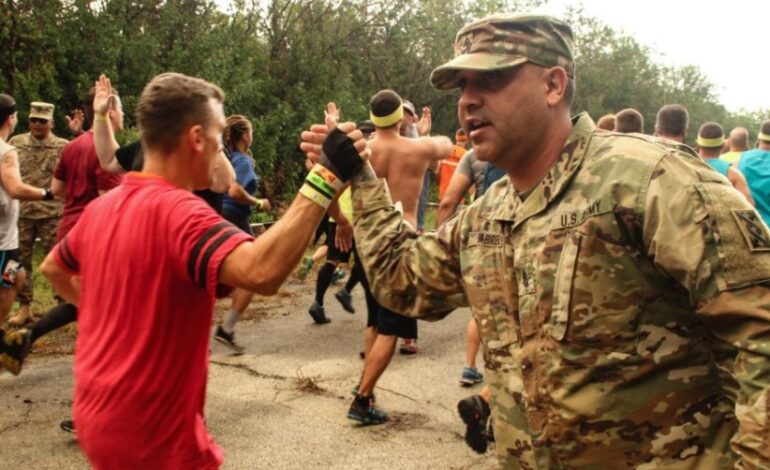Data Science in Raleigh Tackles Veteran Suicide Crisis

In an urgent effort to combat veteran suicides, data science is playing a pivotal role in research being conducted in Raleigh, North Carolina. The initiative, spearheaded by the nonprofit organization Stop Soldier Suicide, utilizes advanced technology to analyze digital behaviors that may precede suicidal tendencies among military personnel.
Austin Grimes, the chief product officer at Stop Soldier Suicide, brings personal experience to the forefront of this mission. A former U.S. Army service member with eight years of active duty, he has witnessed the devastating impact of suicide within the military community. “I’ve absolutely lost both friends and service members to suicide,” Grimes shared, emphasizing the gravity of the issue.
At the core of the project is the Black Box Project, which seeks to uncover critical data from individuals who have tragically taken their own lives. Families who have lost loved ones to suicide have partnered with the organization by loaning devices that capture vital information. Grimes explained that the research team has analyzed data from over 100 donated devices, employing forensic techniques, data science methodologies, and artificial intelligence to better understand the digital footprints linked to these devastating outcomes.
The findings from this research have revealed significant patterns. Grimes noted that many individuals maintain a visible external facade, concealing their struggles. Analyzing the data from their devices, researchers observed a steady risk pattern emerging in the final year of life, characterized by changes in sleep patterns and signs of financial stress.
The statistics are alarming. On average, 6,500 veterans lose their lives to suicide each year in the United States, while an additional 50,000 Americans outside the veteran community also succumb to this crisis. These numbers underline the urgent need for intervention and support.
Grimes stresses the importance of empathy and understanding in addressing these challenges. “Empathy matters and understanding matters and being non-judgmental as you can matters,” he said, highlighting the need for compassionate approaches in conversations about mental health.
The implications of the Black Box Project extend beyond data analysis; it aims to foster a culture of openness and support among veterans and their families. The insights gleaned from this research are intended to drive awareness and encourage proactive measures to prevent future tragedies.
For those interested in exploring the findings further, the organization has made a white paper available that details the research outcomes, contributing to a broader understanding of this critical issue. As the fight against veteran suicide continues, initiatives like this one in Raleigh represent a hopeful step toward saving lives and fostering a supportive environment for those in need.






